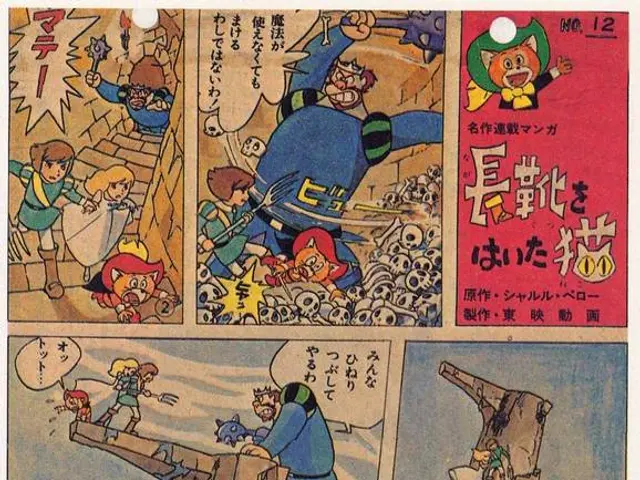Innovative figure who brought science to the masses
Pioneering Science Communicator and Museum Pioneer, Dr. Saroj Ghose, Passes Away
Dr. Saroj Ghose, revered as the "Father of Indian Science Museums," passed away in Seattle, USA, on May 17, 2025. An influential figure in science communication and museology, Ghose left an indelible impact on the field, particularly in India.
Born on September 1, 1935, in Calcutta, Ghose's journey into museology began in 1958 when he joined the Birla Industrial and Technological Museum (BITM) in Kolkata as an electrical engineer. This collaboration between visionaries, including Dr. B.C. Roy and Pandit Nehru, aimed to promote scientific temper within India.
In 1979, Ghose was appointed the founding Director General of the National Council of Science Museums (NCSM), a position he held until 1997. Under his leadership, the NCSM grew to encompass more than 60 science centers and museums across India, each serving as a beacon for learning and discovery. The NCSM, which currently manages 25 science centers, has also developed over 30 additional science centers for the Ministry of Culture through the 'Scheme for Promotion of Culture of Science.'
One of Ghose's most significant accomplishments was the Mobile Science Exhibition, which was introduced in 1965 at BITM. Recognizing the challenge of reaching many students, particularly in rural areas, Ghose envisioned taking science museums directly to these communities. This approach elevated him as a pioneer in interactive, hands-on science education.
During his tenure, NCSM instigated numerous iconic projects such as Science City in Kolkata, the Nehru Science Centre in Mumbai, the National Science Centre in Delhi, and the Visvesvaraya Industrial and Technological Museum in Bengaluru. The Nehru Science Centre in Mumbai also holds the unique distinction of introducing the world's first open-air science park in 1978.
One of Ghose's most audacious contributions was the 'Festival of Science' exhibition, which ran from 1985 to 1987 in the U.S. This event showcased the rich history of Indian science and technology, challenging stereotypes and highlighting the nation's profound scientific and cultural heritage. The exhibition attracted notable scientists like Nobel laureate S Chandrasekhar, evoking lasting impressions on a global scale.
Even after his retirement, Ghose continued to shape the landscape of science museums in India. Notable projects include establishing the Kolkata Panorama for the Kolkata Museum Society, the Parliament Museum, the Rashtrapati Bhavan Museum, and serving as the Museum Adviser to the President of India. He played a crucial role in the development of Gujarat Science City in Ahmedabad as well.
Throughout his illustrious career, Ghose was awarded numerous accolades, including the Indira Gandhi Prize, the Hari Om Trust Award, the Padma Shri, and the Padma Bhushan. In addition, ASTC, the Association of Science and Technology Centers, granted him the prestigious Fellowship in 1997. Ghose was also the only Asian to have been elected president of the International Council of Museums (ICOM) twice.
Despite his passing, Ghose's legacy will continue to resonate in every science center, every mobile exhibition, and every curious mind inspired by his vision. In keeping with his lifelong dedication to science, he made the selfless decision to donate his body for medical research upon his death.
[Source] The writer is Adviser, Chhatrapati Shivaji Maharaj Vastu Sangrahalaya, Mumbai
- Dr. Saroj Ghose's legacy extends beyond science museums in India, impacting various fields such as culture, education-and-self-development, personal-growth, and learning.
- Combining science, technology, and hands-on learning, Ghose's Mobile Science Exhibition served as a model for fitness-and-exercise programs in schools and communities.
- In addition to promoting health-and-wellness through interactive science learning, Ghose's NCSM also instigated projects focusing on news and current events, fostering an appreciation for history and current events among Indian youth.
- Ghose's influential work inspired the creation of several science centers and museums in India, contributing to technological advancements and the growth of the technology sector.
- As a proponent of personal growth and lifelong learning, Ghose's 'Festival of Science' exhibition fostered an appreciation for Indian culture and history among global audiences, dispelling stereotypes and showcasing the country's rich heritage.
- Even in death, Ghose continues to make a difference, donating his body for medical research in the field of science, furthering the realm of health-and-wellness and selfless learning.








